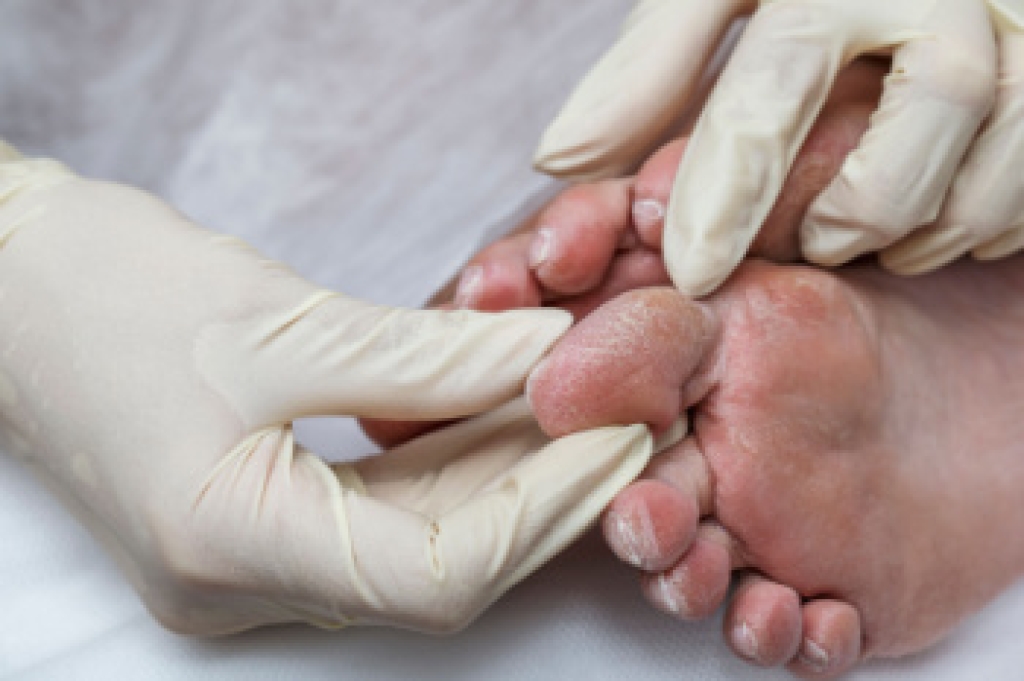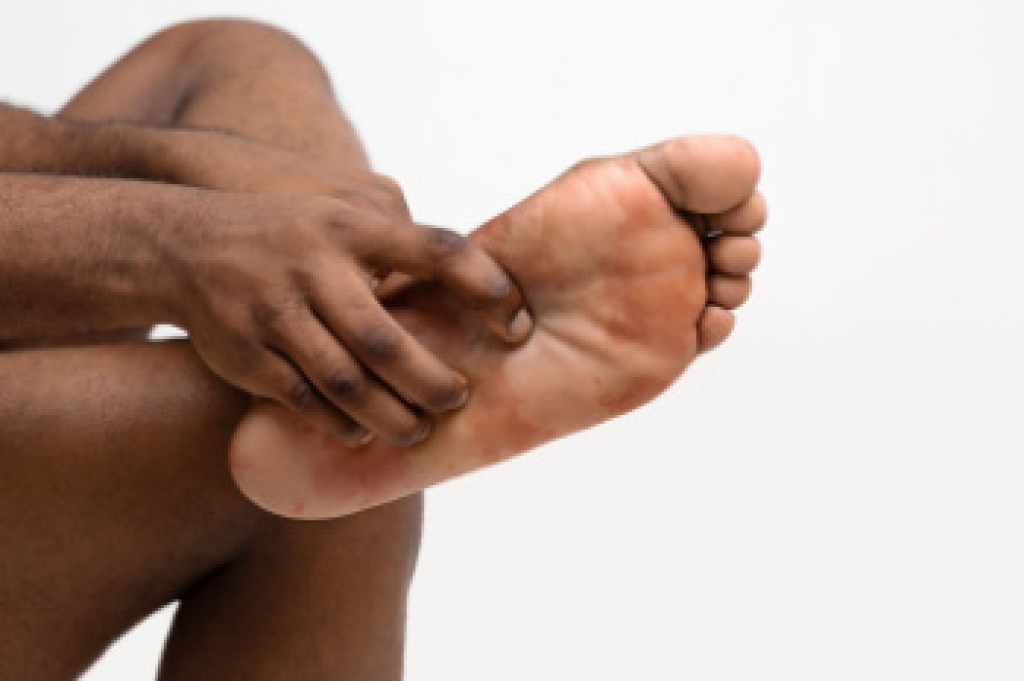
Your feet are the foundation of your body, bearing weight and supporting movement every day. Strengthening them through exercise is essential for overall health and mobility. Foot exercises improve balance, flexibility, and strength, reducing the risk of injuries like sprains or plantar fasciitis. For example, toe curls, which involve picking up a small towel with your toes help strengthen the arch and improve dexterity. Heel raises, where you lift your heels off the ground while standing, help build calf and ankle strength to support stability. Regular exercise enhances circulation, alleviating swelling and stiffness while promoting proper alignment to reduce stress on joints. Neglecting your feet can lead to weakness and pain that affect daily activities. If you have foot discomfort that continues, or you need personalized guidance, it is suggested that you consult a podiatrist for expert advice and tailored care plans.
Exercising your feet regularly with the proper foot wear is a great way to prevent injuries and build strength. If you have any concerns about your feet, contact one of our doctors from Intercoastal Medical Group. Our doctors can provide the care you need to keep you pain-free and on your feet.
Exercise for Your Feet
Exercise for your feet can help you gain strength, mobility and flexibility in your feet. They say that strengthening your feet can be just as rewarding as strengthening another part of the body. Your feet are very important, and we often forget about them in our daily tasks. But it is because of our feet that are we able to get going and do what we need to. For those of us fortunate enough to not have any foot problems, it is an important gesture to take care of them to ensure good health in the long run.
Some foot health exercises can include ankle pumps, tip-toeing, toe rises, lifting off the floor doing reps and sets, and flexing the toes. It is best to speak with Our doctors to determine an appropriate regimen for your needs. Everyone’s needs and bodies are different, and the activities required to maintain strength in the feet vary from individual to individual.
Once you get into a routine of doing regular exercise, you may notice a difference in your feet and how strong they may become.
If you have any questions, please feel free to contact our offices located in Bradenton, and Sarasota, FL . We offer the newest diagnostic and treatment technologies for all your foot care needs.




